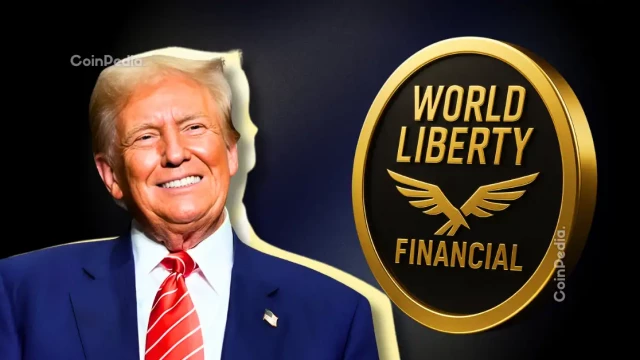
Democrats Target Trump Linked Crypto Firm But ZachXBT Fires Back at ‘Weak Claims'
CoinPediageneral
A new political fight has started in Washington as Senators Elizabeth Warren and Jack Reed have asked the U.S. Department of Justice and the Treasury Department to investigate World Liberty Financial, a crypto firm linked to Donald Trump.
📋 Article Summary
The Ongoing Political Tug-of-War Around Crypto Connections
The crypto industry has once again found itself entangled in a high-profile political dispute, this time centered around World Liberty Financial, a firm with alleged ties to former President Donald Trump. Senators Elizabeth Warren and Jack Reed have called on the U.S. Department of Justice and the Treasury Department to investigate the company, sparking a fiery response from the blockchain sleuth ZachXBT.
This development underscores the increasing scrutiny and polarization surrounding the intersection of cryptocurrency and politics. As the industry matures, regulators and lawmakers are grappling with how to approach these emerging digital assets, often through a partisan lens.
The accusations against World Liberty Financial suggest a deeper concern about the potential for cryptocurrency to be used for illicit activities or to circumvent traditional financial systems. Senators Warren and Reed have framed their investigation request as a matter of national security and consumer protection, highlighting the need for robust oversight and transparency in the crypto space.
However, the crypto community has pushed back against these allegations, with ZachXBT arguing that the claims made by the senators are "weak" and lack substantive evidence. This back-and-forth highlights the ongoing tensions between those who view cryptocurrency as a tool for financial innovation and empowerment, and those who see it as a potential threat to established financial structures and regulatory frameworks.
Looking ahead, this political tug-of-war is likely to have significant implications for the crypto industry. Increased regulatory scrutiny and potential enforcement actions could create uncertainty and volatility, potentially dampening investor confidence and slowing the adoption of digital assets. At the same time, the industry will need to grapple with the challenge of balancing innovation and growth with the need for responsible oversight and compliance.
Ultimately, the resolution of this dispute will depend on the ability of policymakers, regulators, and the crypto community to find common ground and develop a balanced approach to governing the rapidly evolving digital asset landscape. As the political landscape continues to shift, the crypto industry will need to navigate these murky waters with a focus on transparency, accountability, and the promotion of legitimate, ethical use cases.